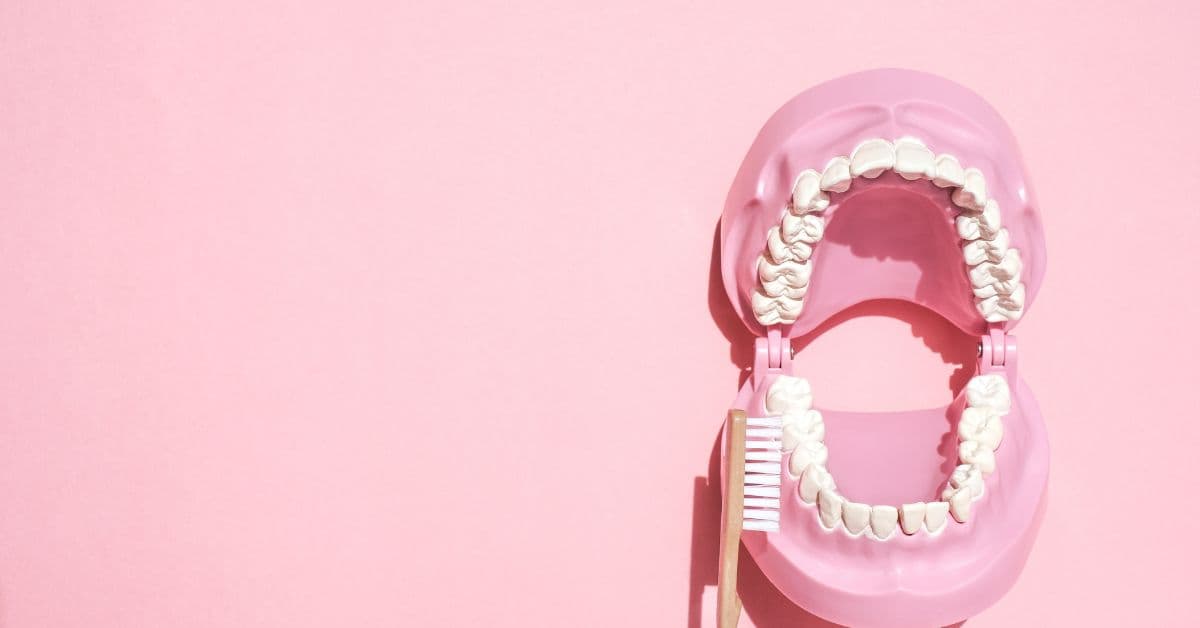Often, when we choose the toothbrush, we are led to believe that for deep and effective cleaning it is necessary to opt for Hard or medium bristles.
However, this widespread belief starts from a wrong assumption, namely that removing plaque takes strength (when the opposite is true).
Le Hard bristles can have undesirable effects on tooth enamel and gums. In fact, prolonged use of toothbrushes with hard or medium bristles can lead to a 'enamel erosion (the protective coating of the teeth) making them more susceptible to tooth decay and sensitivity.
In addition, excessive pressure on the gums can cause irritation, gingival recession and, in some cases, contribute to the development of gum disease!
Le soft bristles, on the contrary, offer a gentler and much more effective solution: Their flexibility allows them to thoroughly clean the gum line and interdental spaces, where plaque accumulates most, Without causing damage or pain.
This type of bristles Fits the contours of the teeth and gingiv bettere, ensuring deep cleaning that respects the delicacy of oral tissues.
To maximize the benefits of a toothbrush with soft bristles, however, it is important to adopt a Proper brushing technique:
- places the toothbrush at a 45 degree angle with respect to the gums
- move the toothbrush gently with circular or vertical movements, avoiding brushing too hard
- wipe all tooth surfaces, including internal ones and the tongue
Choosing the right toothbrush plays a key role in our daily oral hygiene routine: opt for soft bristles not only protects teeth and gums from potential damage, but also ensures effective and comfortable cleaning!
[Medical Director: Dr. Mauro Savio, Member of the Dentists Register Provincial Order of Surgeons and Dentists of Milan n. 4168].

